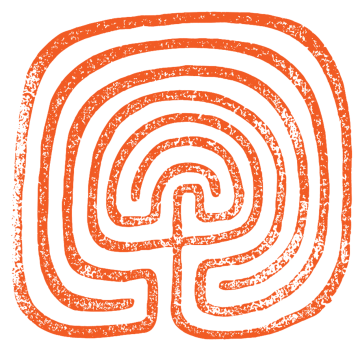Swan Song
Swan Song
Swan Song (2013) for violin and piano - 18'
Commissioned by Carnegie Hall for Benjamin Beilman and Yekwon Sunwoo
Available for purchase as a Digital Download here.
"Rarely have I seen a large audience so engaged with every note of an extended work on first hearing."
- Washington Post
Program Listing
Swan Song (2013)
Program Notes
I composed Swan Song as the third piece in a triptych of pieces that are inspired by other works from the repertoire that have a personal meaning to me. Perhaps "inspired" isn't a strong enough word, because these pieces draw directly from the materials of this music from the past (I have in my mind the image of making my own sculpture out of the same bucket of clay) and what compels me is the idea of reworking those materials as a part of a deeper connection to the tradition. But for Swan Song in particular, I felt more like I was writing a play with many characters who are having separate conversations about the same piece of music: Schubert's Fantasy for Violin and Piano in C major, K. 934, a work from Schubert's extraordinary late period (perhaps "late" isn't the right word, either, when that period describes the work of a composer barely 30 years old).
The term "Swan Song" in music is most closely associated with Franz Schubert, whose last songs were collected and titled (posthumously) Schwanengesang, as if these were Schubert's last beautiful utterances, and perhaps of all composers, his music speaks the most of inner sadness, even at its most gemütlich. In writing a new work for violin and piano I thought immediately of Schubert's Fantasy, which is a work that dates from the last couple of years of his tragically short life.
Swan Song models Schubert, weaving in and out of music that is not a series of miniature movements or variations, but a chain of related passages that linked together form a Fantasy. The opening passage of Swan Song appears several times throughout the piece, each time a little different (but always sparkling!), as if transformed by all of the music preceding it. In between are fast passages with quick exchanges between violinist and pianist, music in the extremes of volume and register, and many little games and conversations with Schubert.
Like the play mentioned above, the sections have many characters, with their exits and their entrances, each making a statement and then stepping back from the next to take center stage. At one point, Schubert himself makes a brief appearance in Swan Song, but he is a phantom who emerges into the light and returns to the background as quickly as he appeared. Finally, after increasingly fast music that seems to plow headlong into a brusque ending, hope appears, rising toward a resolution of the quiet questions asked in the first twinkling sonorities of the piece.
Swan Song was commissioned by Carnegie Hall for violinist Benjamin Beilman to be premiered November 14, 2013 with Beilman and pianist Yekwon Sunwoo.
Press
Mr. Beilman, a passionate performer with a deep, rich tone, played the opening melody beautifully as it unfolded over the enigmatic piano motifs. Written primarily in a neo-Romantic language, the engaging work features a few contemporary interjections, like plucked piano strings. In one section, Mr. Beilman played gossamer scales that scampered fleetingly over Messiaen-like chords in the piano. A dramatic violin cadenza and exuberant piano flourishes were woven into the final section. - New York Times
(Read the full New York Times review here.)
Though Schubert’s Fantasy is briefly quoted near the end, “Swan Song” impressed as a strikingly original work. During the course of 15 absorbing minutes, the music progressed through a series of variation-like sections characterized by vivid textures and colors perfectly idiomatic to the instruments, all the while maintaining cohesive momentum. Rarely have I seen a large audience so engaged with every note of an extended work on first hearing. Not coincidentally, “Swan Song” is ideally suited to Hristova’s talents. - Washington Post
Read David's interview on the Carnegie Hall blog here.
The work’s 15-minute journey travels the gamut of emotions, from tenderness to passion, utilizing Schubert’s penchant for song and the complex techniques of his Fantasy. The deceptively simple violin part is quite difficult and virtuosic, as in the Schubert, and Beilman played with a silky lyricism and clean and elegant virtuosity. Chien matched him all the way with her nuanced drive and passion. It was exquisite. - Times Argus


